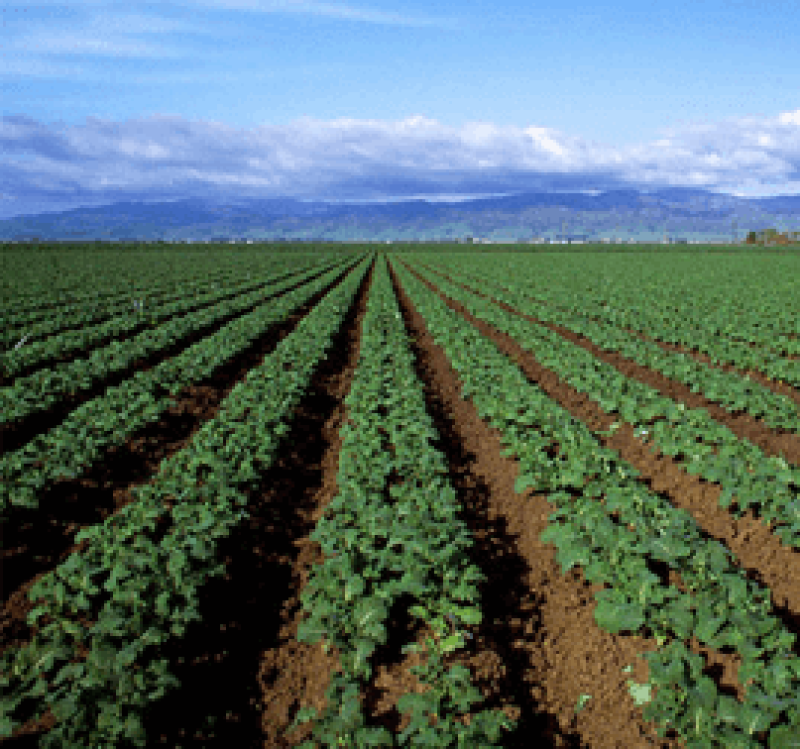Editor’s note: The author of this piece is Andrew Kniss, associate professor of weed biology & ecology at the University of Wyoming.
“I still feel that the great evil of American agriculture is monoculture.” – Michael Pollan [Read GLP profile of Michael Pollan here.]
Pollan may be the most recognizable, but he is certainly not the only one to blame monoculture for many of the problems of modern agriculture. This is a pretty common refrain from the anti-GMO camp.
…
Monoculture is a practice that has allowed many technological advances in crop production. Having only one crop in the field increases our ability to mechanize planting, weeding, and harvest. And the mechanization of agriculture is the reason a majority of the population in developed countries do not still work on a farm. Without mechanization, growing your own food is often a necessity, not a hobby.
…
It has been my experience that most who criticize monoculture production don’t usually provide many details about why monoculture is a problem. And more importantly, they rarely provide specific, practical suggestions for improvement.
…
Over-reliance on a single genotype is a bad idea, because it makes the entire crop susceptible to a single pest outbreak.
…
Researchers at Iowa State University have proposed one possibility [to improve monoculture]: strip intercropping. It is a really neat idea that provides some balance between the benefits of monoculture, and the benefits of polyculture.
Are monocultures problematic? Sure, if the geographic or temporal scale is large enough. But the problems solved by using monoculture on a field-scale tend to far outweigh the problems they cause. Is there room for improvement? Absolutely.
The GLP aggregated and excerpted this blog/article to reflect the diversity of news, opinion, and analysis. Read full, original post: The Problem With Monoculture































